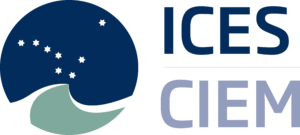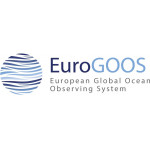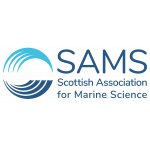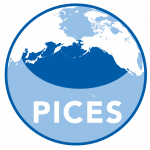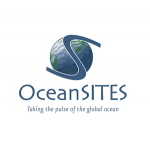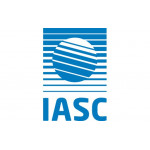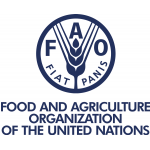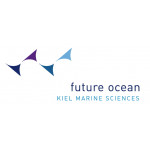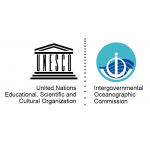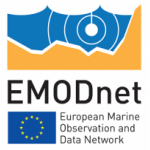ICES
International Council for the Exploration of the Sea
Established: 1902
| Organisation type: | Intergovernmental organisation (not UN or EU) |
| Geographical scope: | Global |
| Member countries: | Belgium, Canada, Denmark, Estonia, Finland, France, Germany, Iceland, Ireland, Latvia, Lithuania, Netherlands, Norway, Poland, Portugal, Russian Federation, Spain, Sweden, United Kingdom, United States |
| Participating countries: |
| Funding source | Percentage |
|---|---|
|
%
|
|
|
%
|
|
|
%
|
|
|
%
|
|
|
%
|
|
|
%
|
|
|
%
|
|
|
%
|
|
|
%
|
Organisation’s vision:
To be a world-leading marine science organization, meeting societal needs for impartial evidence on the state and sustainable use of our seas and oceans.
Organisation’s mission:
To advance and share scientific understanding of marine ecosystems and the services they provide and to use this knowledge to generate state-of-the-art
advice for meeting conservation, management, and sustainability goals.
Organisation’s objectives (if different from the Mission):
As an intergovernmental marine science organisation, our primary roles are to advance and share scientific understanding of marine ecosystems and the services they provide - and to employ this knowledge to generate state of the art advice on meeting conservation, management and sustainability goals.
We work collaboratively with our member countries, partners, clients, and stakeholders, as well as the wider marine science community, to create and share knowledge, data and advice.
We also provide training and networking opportunities for the new and emerging generation of marine scientists, and support the work of Early Career Scientists.
Our scientific work spans all aspects of marine ecosystem and sustainability science - from observation and exploration to understanding human interactions with the sea, and we work across different disciplines from natural, to social, to economic sciences.
We draw on our scientific work and data to provide impartial scientific advice for a wide range of recipients, including our member countries and international organizations and commissions, such as the Oslo Paris Commission (OSPAR), the Helsinki Commission - Baltic Marine Environment Protection Commission (HELCOM), the North East Atlantic Fisheries Commission (NEAFC), the North Atlantic Salmon Conservation Organization (NASCO), and the European Commission (EC).
Keywords
- evidence-based scientific advice within and beyond national jurisdiction
- marine data
- marine ecosystem understanding
- science for sustainable seas
- scientific community
Activities
- Data management, interoperability, sharing, access, open data policies
- Providing scientific advice for policy makers
- Science coordination
grants observer/participant/member status to
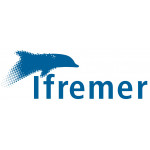 Institut français de recherche pour l’exploitation de la mer
Institut français de recherche pour l’exploitation de la mer
